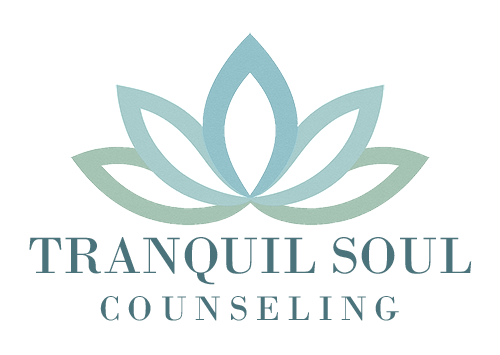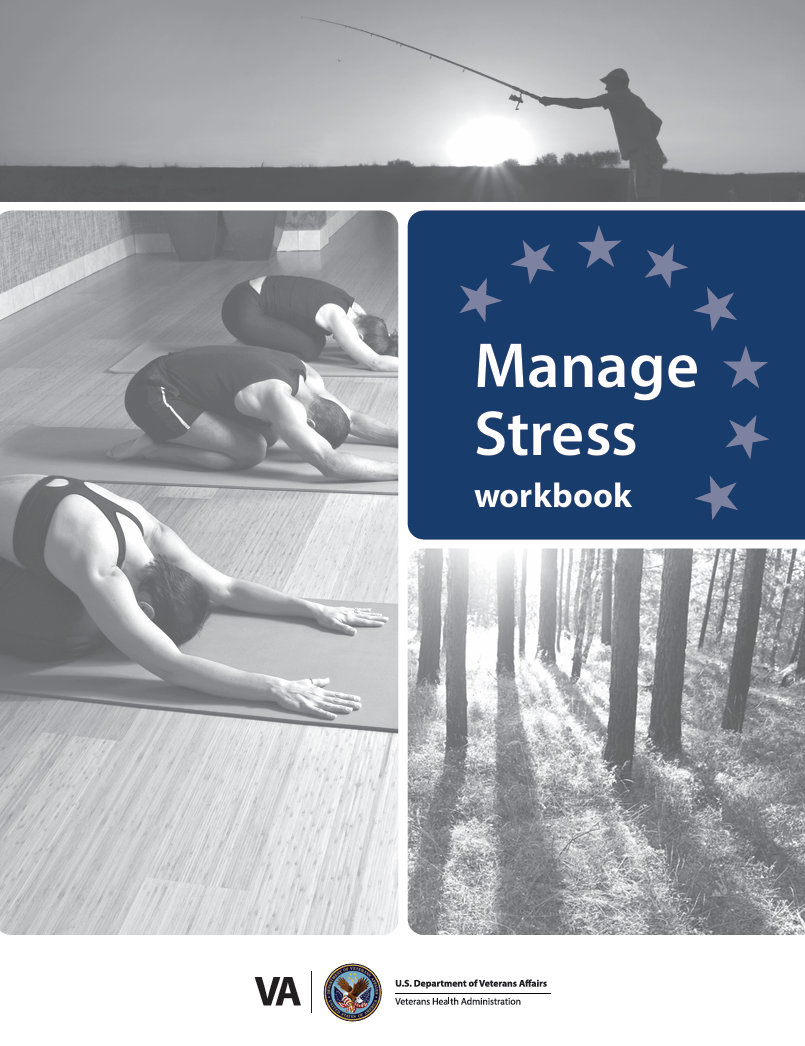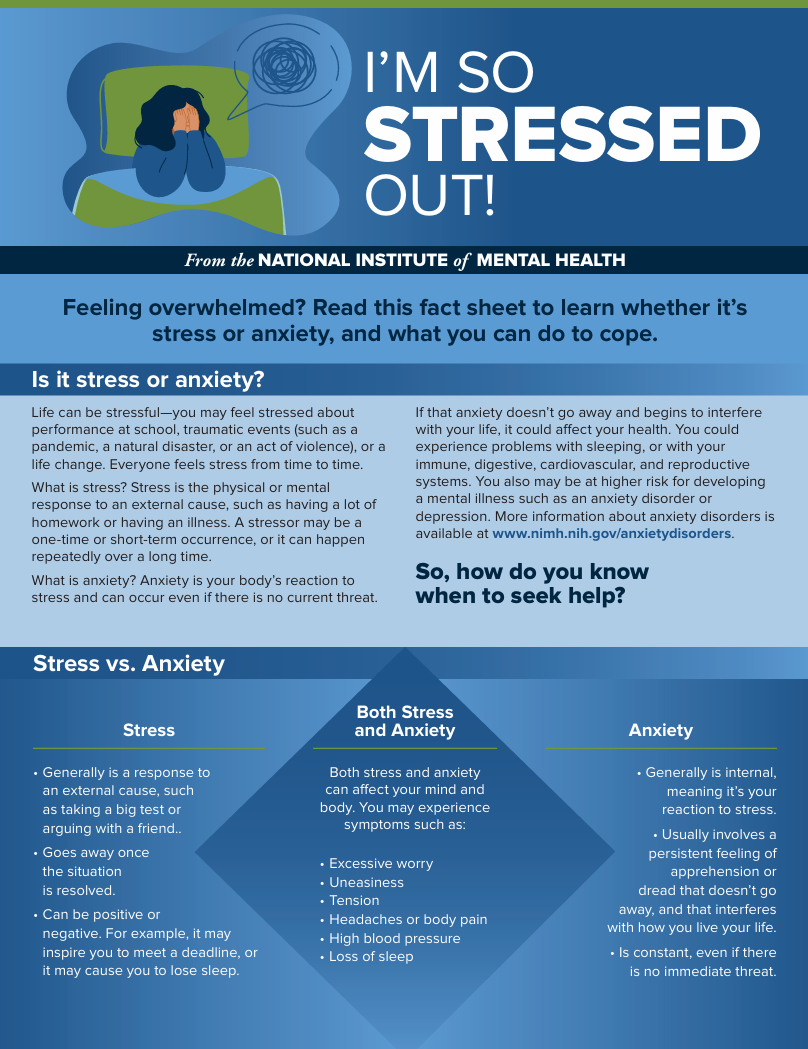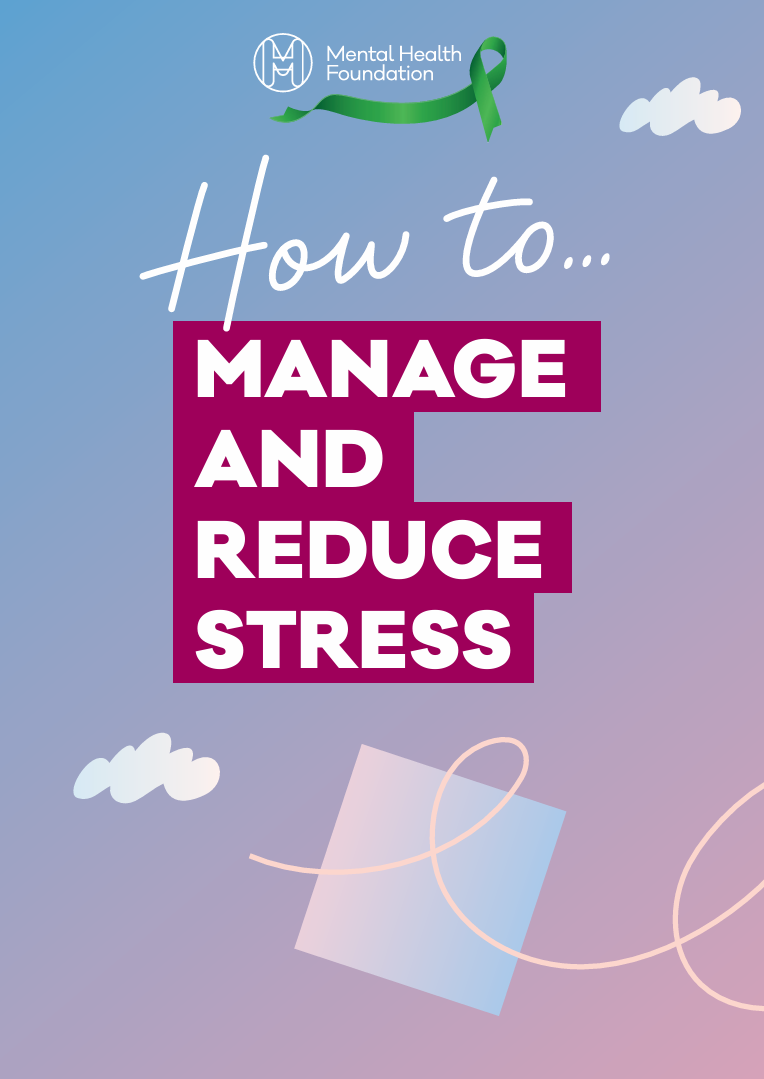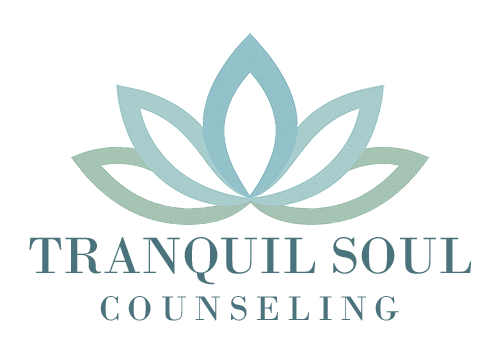Stress

Stress is a signal, not a sentence—therapy can help you listen differently.
Counseling for Stress
Stress is a natural part of life—but when it becomes constant or overwhelming, it can take a toll on your physical and emotional health. Whether it’s caused by work demands, family responsibilities, health concerns, or major life changes, persistent stress can leave you feeling exhausted, irritable, anxious, or stuck.
You don’t have to navigate it alone.
Stress isn’t just in your head—it affects your whole body. It can show up as headaches, trouble sleeping, muscle tension, fatigue, or difficulty concentrating. Over time, unmanaged stress can increase the risk of anxiety, depression, or burnout.
Counseling provides a safe and supportive space to identify what’s fueling your stress and develop healthier, more effective ways to cope.
How Counseling Can Help:
Through therapy, you can:
-
Understand your personal stress triggers
-
Learn practical tools to reduce overwhelm
-
Improve boundaries and time management
-
Shift unhelpful thinking patterns
-
Restore balance and regain a sense of control
You’ll also have space to process your emotions, strengthen your self-care practices, and reconnect with what matters most to you.

Resources and Support for Stress
Manage Stress
This workbook guides you through steps to identify and track stress and practice strategies that have been shown to counteract stress.
Is it Stress or Anxiety?
Feeling overwhelmed? Read this fact sheet to learn whether it’s stress or anxiety, and what you can do to cope.
Manage and Reduce Stress
This guide explains the ins and outs of stress and techniques to help you manage and reduce your stress.

Evidence-Based Approaches to Ease Stress
I use evidence-based approaches like Cognitive-Behavioral Therapy (CBT), Acceptance and Commitment Therapy (ACT), mindfulness strategies, and stress-reduction techniques tailored to your unique needs. Whether you’re dealing with acute stress or long-term burnout, therapy can help you feel grounded again.

